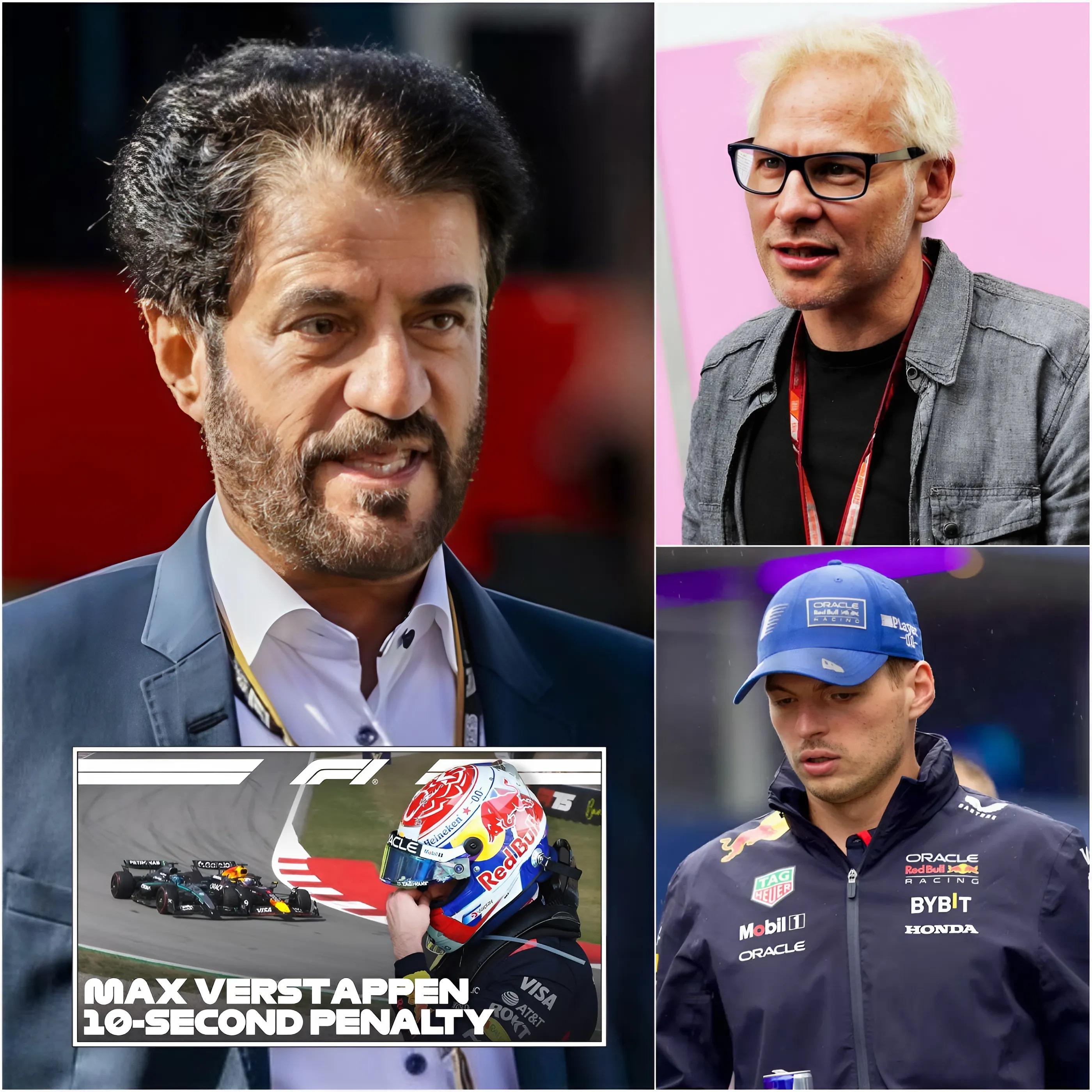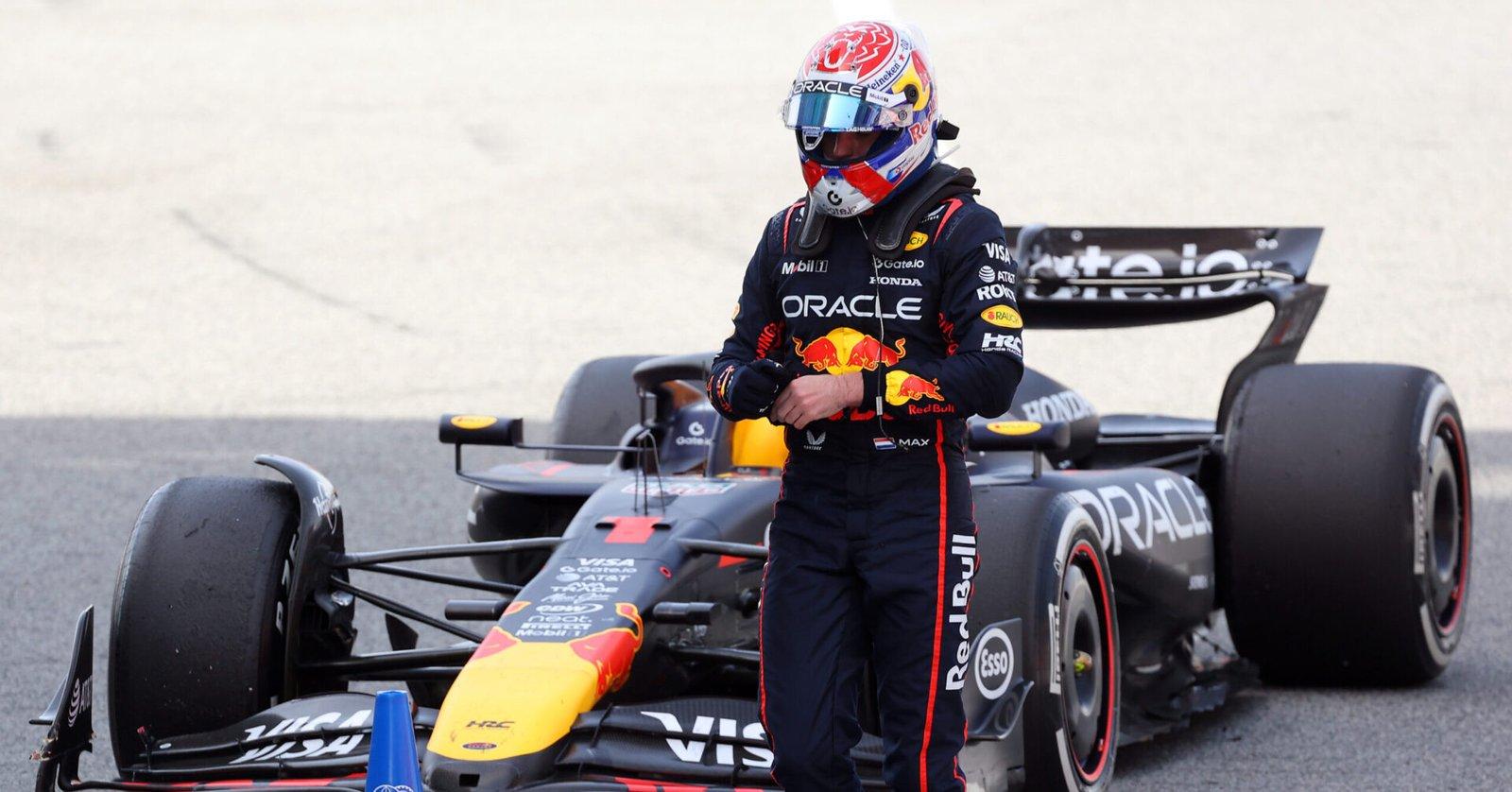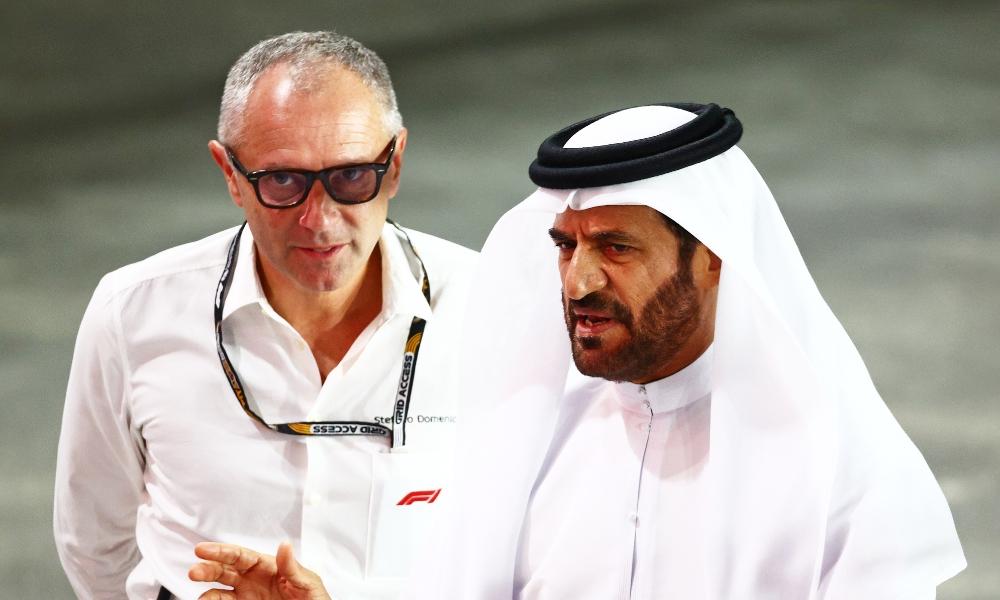The 2025 season has been challenging for Verstappen, whose Red Bull RB21 lacks the pace to match McLaren’s MCL39. A dramatic collision with George Russell at the Spanish Grand Prix on June 1, 2025, saw Verstappen slapped with a 10-second penalty and three license points, bringing his total to eight—four shy of a race ban. Villeneuve argued this pattern of strict enforcement against Verstappen, contrasted with leniency toward Piastri, reflects an FIA agenda to spice up the championship by curbing the four-time champion’s dominance. He referenced the 2021 Abu Dhabi controversy, where race director Michael Masi’s decisions handed Verstappen his first title, as evidence of the FIA’s history of influencing outcomes, though he offered no concrete proof of deliberate rigging in 2025.

Ben Sulayem responded in a June 9, 2025, statement to Motorsport.com, rejecting Villeneuve’s claims as “speculative and damaging.” He emphasized recent rule changes, including halved fines for misconduct and conditional penalties for first offenses, introduced in May 2025, to promote fairness and manage on-track emotions. “Our stewards operate with integrity and impartiality,” he said, noting that the FIA’s updated International Sporting Code aims to address driver concerns while maintaining consistency. However, Villeneuve dismissed these changes as superficial, arguing they fail to tackle inconsistent stewarding, a sentiment echoed by posts on X questioning the FIA’s transparency.

The controversy has broader implications for Formula 1’s credibility. Verstappen, contracted to Red Bull until 2028, faces speculation about a potential 2026 move to Mercedes or Aston Martin, fueled by a performance clause and Red Bull’s shift in focus to 2026 regulations, as confirmed by Helmut Marko. His guarded media interactions, as reported by RacingNews365, reflect frustration with the FIA’s strict rules on language, which carry fines up to €240,000 and possible suspensions. Meanwhile, Piastri’s consistent performance has positioned McLaren as the team to beat, with the Australian praised for his clean racing style, though Villeneuve’s accusations cast a shadow over his success.

The debate has polarized fans. Some on X back Villeneuve, citing Verstappen’s penalties as evidence of bias, while others argue Piastri’s wins reflect McLaren’s superior car, not FIA favoritism. Historical precedents, like the 1997 Jerez clash where Michael Schumacher was disqualified for deliberately hitting Villeneuve, fuel skepticism about the FIA’s impartiality. Yet, without definitive evidence, Villeneuve’s claims remain speculative, risking further division in the paddock.

As the 2025 season progresses, the FIA faces mounting pressure to prove its neutrality. Verstappen’s fight to close the gap to Piastri hinges on avoiding further penalties, while McLaren aims to capitalize on their momentum. The upcoming races in Canada and Austria will be critical, not only for the championship but for restoring trust in the sport’s governance. For now, Villeneuve’s accusations have spotlighted the FIA’s challenges, leaving fans and drivers alike questioning whether the title race is truly fair.






